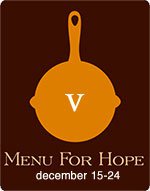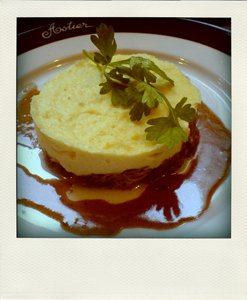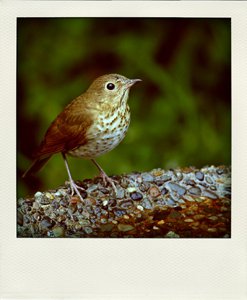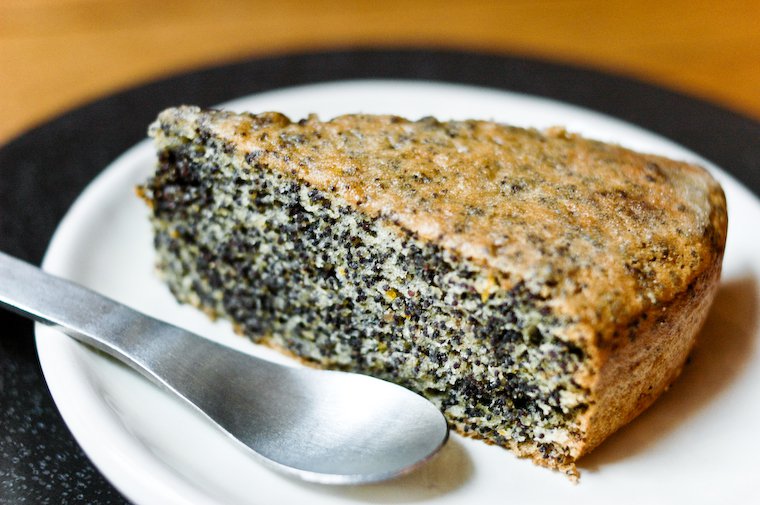As I get things ready for the New Year’s Eve party we’re throwing tonight — a very casual affair, mind you, it’s the only kind we like (or know how) to host — I’d like to take a moment to say goodbye to 2008, and remember the good things it has brought.
Besides the release of the French version of my cookbook and the US publication of my new Paris book, Clotilde’s Edible Adventures in Paris; besides a memorable trip to Western Australia and another to Croatia; besides the birth of the most lovable of dimple-cheeked nephews, the purchase of a spiffy bike, and the demise of my oven, I give you, in no particular order, a few of the things that have marked my year:
Favorite food-related book: Della T. Lutes’ The Country Kitchen, a fantastic gift from Adam, who found a vintage copy of it at Bonnie Slotnick’s store in NYC.
Contenders: Diana Abu-Jaber’s memoir The Language of Baklava and Monique Truong’s novel The Book of salt.
Favorite new cake recipe: the flourless poppy seed cake.
Favorite new chocolate: El Ceibo‘s 71% chocolate, produced by a Bolivian coop.
Contenders: Claudio Corallo‘s chocolate with raisins and cocoa pulp in bitter liquor, Poppy‘s “pure bliss” raw chocolate hearts, and Taza‘s 80% bar of stone ground chocolate.



 I would like to remind you that our
I would like to remind you that our 



